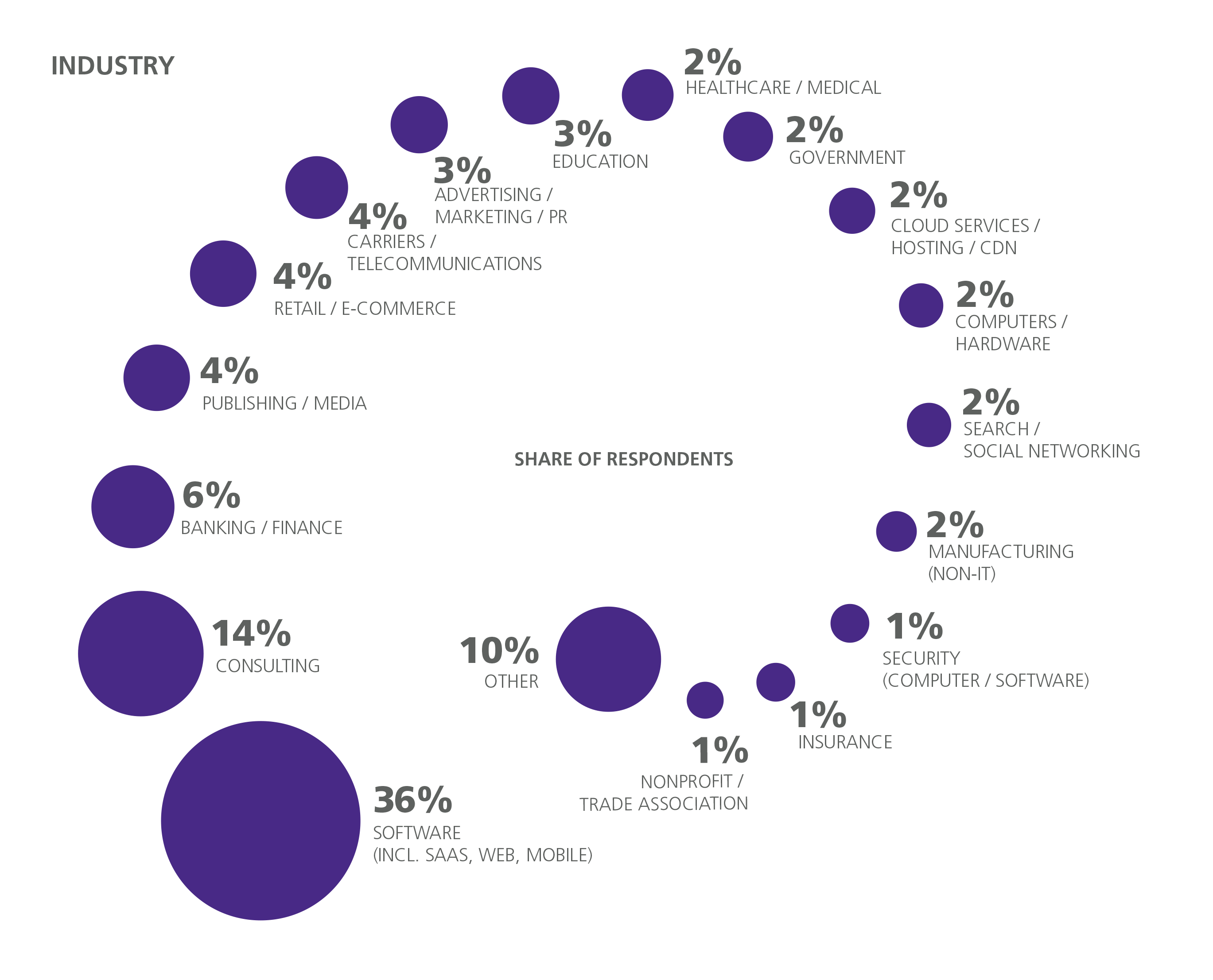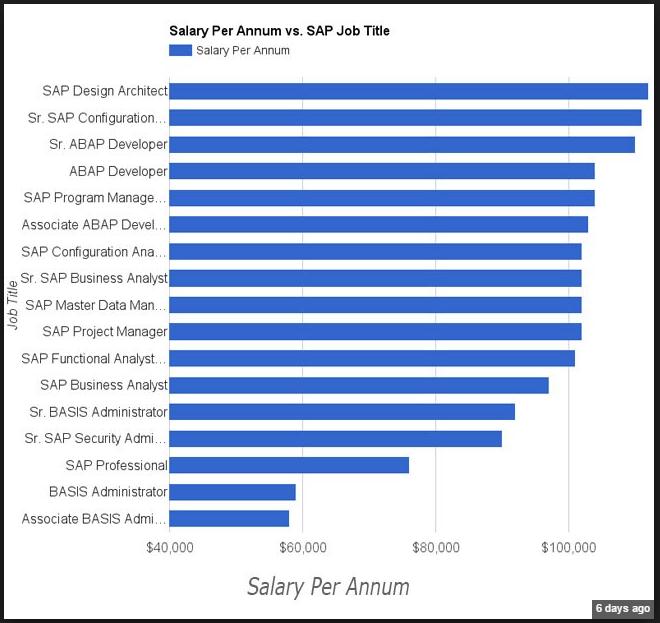
A careers blog can be a powerful way to share information on the company's culture. Stories about the culture and opportunities for virtual employees, such as those from Google's distributed team, are an example. These stories offer more insight into the changing world of work then static content found on traditional career sites. A careers blog can also be used to highlight best practices within the company.
Fast Company
Fast Company employees give the company's management a C+. This includes the CEO, team and total compensation. They also rate their coworkers with a B. They believe that meetings are efficient and look forward to working with them.
JobMob
The JobMob careers blog is an excellent resource for those looking for employment. This blog includes advice on interviewing, resume writing, and job search. Links to job openings are also provided. JobMob provides a newsletter to keep people up-to-date on new jobs.

Accenture
You're in the right place if you are interested in joining Accenture’s global team. The Accenture careers blog features articles in a magazine-style format that cover a range of career topics. These articles can be linked from Accenture’s Career Advice page. Rather than providing a career-specific job description, the articles offer general advice on various career topics.
Cisco
Cisco careers blog is a valuable resource for young people interested to start a career with the company. There are up to three stories per semaine that share the experiences and learnings of interns, new hires, and other employees. Many of these stories show how managers helped candidates to improve their skills and prepare them for the next step in their careers. It also highlights stories of internal mobility.
LiveCareer
LiveCareer careers blogs are a great way for professionals to give job search advice. It collects stories from others and offers tips for landing the perfect job. Margaret Buj, a recruiter with 15 years of experience, helps professionals get hired and promoted. She is also a Boston Globe career columnist.
Penelope Trunk
Penelope Trunk is a career blogger that focuses on career advice and tips for the next generation. Trunk offers advice on everything including long lunches, juggling work life and personal life. Trunk explores building a brand as well as growing a business in her Unforgettable Brands Blog. Her advice for job hunters is not only unorthodox but also very practical. The blog has been featured by the New York Times, London Guardian and TIME magazines.

Career Contessa
Career Contessa provides career advice and career guidance for women. It also offers a job board. This website is based on real women who are in the workforce. It is an affordable platform that has many benefits. Many big-name companies have used it.
Idealist Careers
Idealist careers blogs are a great resource for those interested in careers. You will find articles that help you to improve your network skills and learn workflow hacks that can boost your career. It has been written by a career professional with years of expertise in different fields.
Zippia
The Zippia careers blogs informs 1.5million readers each month about all facets of the job-search process. It provides information on everything from office politics to current job market trends. It has been producing numerous reports, surveys and detailed guides since its inception in 2015.
FAQ
How does consulting differ to freelancing
Freelancers, who are self-employed and provide services to clients without the need for employees, are independent contractors. They usually charge an hourly rate based on how much time they spent on a project. Consultants work for companies and agencies that employ them. They are often paid monthly or annually.
Freelancers tend to have more flexibility than consultants because they control their work hours and set their own prices. However, consultants often have better benefits, such as health insurance, vacation days, sick leave, retirement plans, etc.
What can I anticipate from my consultant
After you have selected your consultant, expect to hear from them within a few business days. They will ask you for information about your business, including the mission, goals, products, and budget. After receiving this information, they will prepare a proposal outlining their scope of work, estimated timeline, fees, deliverables and milestones.
If all goes well, the parties will then negotiate a written agreement. The type relationship between the two sides (e.g. employee-employer or independent contractor-employer) will dictate the terms of the contract.
If everything goes well, the consultant should start work immediately. You will have access both to your documents and internal resources and the consultant's skills and knowledge.
You shouldn't assume, however, that every consultant is an expert in all areas. It takes effort and practice to become an expert in whatever field you consult. Your consultant should not assume that they know everything about you business.
How do I choose the right consultant?
There are three key factors to be aware of:
-
Experience - How many years of experience is this consultant? Is she an expert, beginner, intermediate or advanced consultant? Is her resume a proof of her skills and knowledge?
-
Education - What did this person learn during school? Did he/she pursue any relevant courses once he/she graduated? Are we able to see evidence of his/her learning through the way he/she writes
-
Personality - How do we feel about this person? Would you want this person to work for you?
-
These questions will help us determine if the consultant is right to meet our needs. If there are no clear answers, then it might be worth an initial interview to learn more about the candidate.
Why would a company want to hire a consultant for their business?
A consultant provides expert advice on how to improve business performance. They are not there to sell you products.
A consultant assists companies in making better decisions by offering sound analysis as well as suggestions for improvement.
Consultants often work with senior management to help them understand how to succeed.
They also offer leadership training and coaching to ensure that employees are able to perform at their best.
They might advise businesses on how to reduce costs, streamline processes, or increase efficiency.
Statistics
- 67% of consultants start their consulting businesses after quitting their jobs, while 33% start while they're still at their jobs. (consultingsuccess.com)
- Over 62% of consultants were dissatisfied with their former jobs before starting their consulting business. (consultingsuccess.com)
- On average, your program increases the sales team's performance by 33%. (consultingsuccess.com)
- WHY choose me: Why your ideal client should choose you (ex: 10 years of experience and 6-week program has helped over 20 clients boost their sales by an average of 33% in 6 months). (consultingsuccess.com)
- So, if you help your clients increase their sales by 33%, then use a word like “revolution” instead of “increase.” (consultingsuccess.com)
External Links
How To
How can I start an advisory business with no money?
Start your own consultancy company with a simple and efficient method - no capital investment required!
This tutorial will help you learn how to make extra money while working remotely, improve your skills, and achieve success.
I'll be sharing some secrets on how to get traffic on the demand, especially for people searching for specific items.
This is known as 'Targeted Traffic. This method was built specifically to allow you to do things like this...
-
Find out what niche you want.
-
To find the best solutions on Google, research which keywords people are using.
-
Write content that uses these keywords.
-
Post your articles on article directories.
-
Social media platforms can be used to promote your articles.
-
You can build relationships with people who are experts in the field.
-
You can be featured on these websites and blogs.
-
Sending emails can help you grow your email list.
-
Make money.